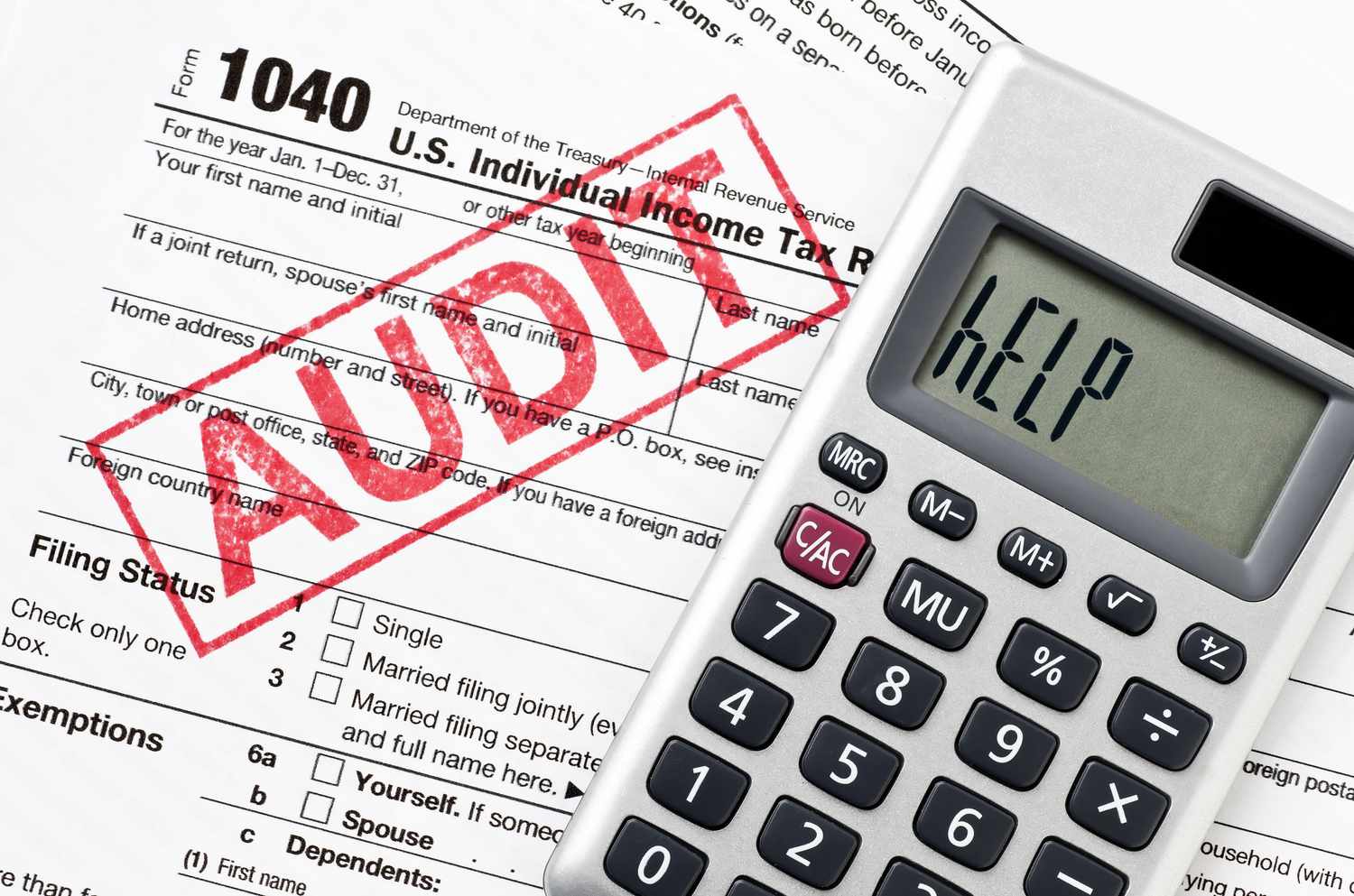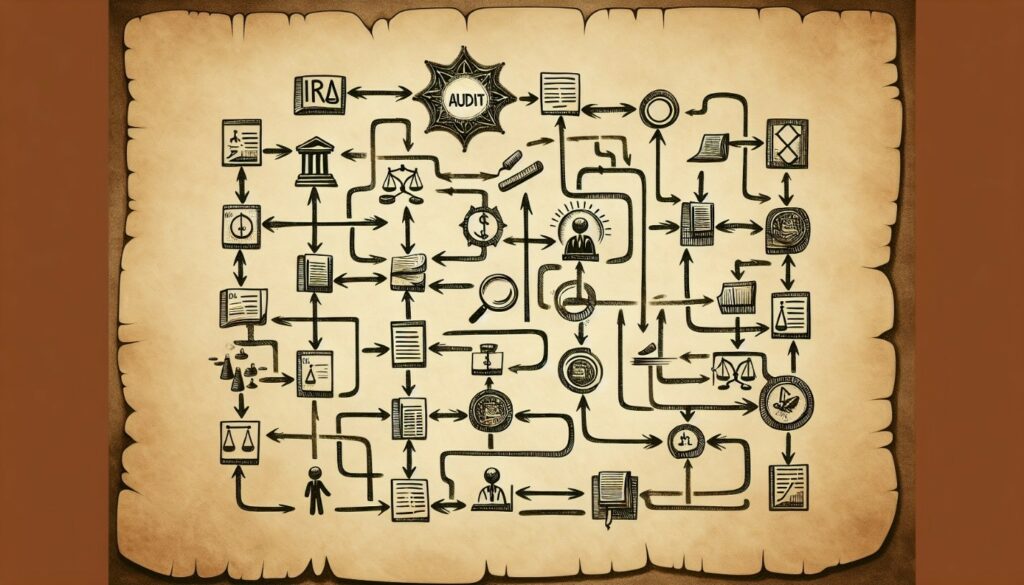By NexGen Support Team
February 16, 2024

 You’re not alone if the term’ IRS audit’ chills your spine. An IRS audit is a review of an organization’s or individual’s accounts to confirm the correct reporting of financial information. It’s a process designed to:
You’re not alone if the term’ IRS audit’ chills your spine. An IRS audit is a review of an organization’s or individual’s accounts to confirm the correct reporting of financial information. It’s a process designed to:
 When it comes to IRS audits, one size does not fit all. The IRS employs various types of audits to identify and address issues related to unpaid taxes, errors, and potential fraud. These audits include:
When it comes to IRS audits, one size does not fit all. The IRS employs various types of audits to identify and address issues related to unpaid taxes, errors, and potential fraud. These audits include:
 Examining your previous tax returns is an integral part of IRS audit preparation. This review of past-due returns can help identify errors or inconsistencies from past filings and confirm compliance with tax regulations. Moreover, accessing previous tax returns is essential. Using Form 4506-T, one can request the following:
Examining your previous tax returns is an integral part of IRS audit preparation. This review of past-due returns can help identify errors or inconsistencies from past filings and confirm compliance with tax regulations. Moreover, accessing previous tax returns is essential. Using Form 4506-T, one can request the following:© 2022-2026 NexGen Unlimited, LLC